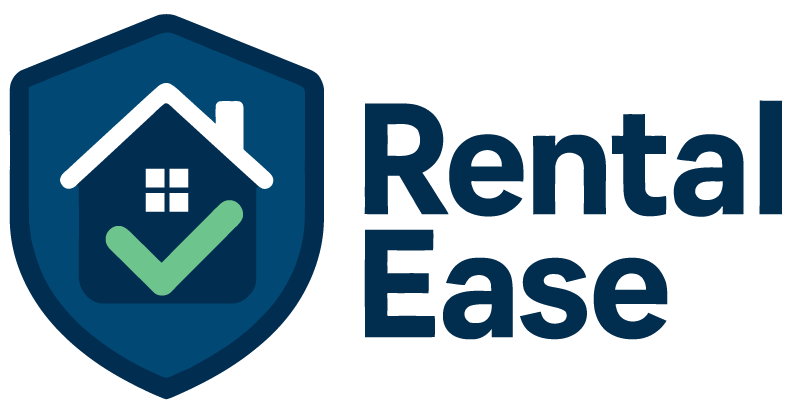The property management industry is undergoing a revolutionary transformation driven by digital innovation. As we move deeper into the digital age, property managers who embrace technology are finding themselves with significant competitive advantages.
The Digital Revolution in Property Management
Traditional property management methods are becoming obsolete. Paper-based processes, manual inspections, and disconnected communication channels are being replaced by integrated digital solutions that offer unprecedented efficiency and transparency.
Key Areas of Digital Transformation
1. Cloud-Based Management Systems
Modern property management platforms centralize all operations in the cloud, allowing managers to access critical information from anywhere, at any time. These systems integrate:
- Tenant management and communication
- Maintenance request tracking
- Financial reporting and analytics
- Document storage and management
2. IoT and Smart Building Technology
Internet of Things (IoT) devices are revolutionizing how properties are monitored and maintained. Smart sensors can detect:
- Water leaks before they cause damage
- HVAC inefficiencies
- Security breaches
- Energy consumption patterns
3. Automated Compliance Management
Digital platforms are streamlining compliance with safety regulations. Automated systems can schedule inspections, send reminders, and maintain detailed records for:
- Electrical safety certificates
- Gas safety inspections
- Fire safety compliance
- Energy performance certificates
Benefits of Digital Transformation
Enhanced Efficiency
Digital tools eliminate redundant processes and automate routine tasks, allowing property managers to focus on strategic initiatives that drive growth and tenant satisfaction.
Improved Tenant Experience
Modern tenants expect digital convenience. Online portals for rent payments, maintenance requests, and communication create a seamless experience that improves retention rates.
Data-Driven Decision Making
Advanced analytics provide insights into property performance, tenant behavior, and market trends, enabling more informed strategic decisions.
Implementation Strategies
Start Small, Scale Gradually
Begin with core systems like tenant management and gradually introduce additional features. This approach minimizes disruption and allows teams to adapt progressively.
Invest in Training
Technology is only as effective as the people using it. Comprehensive training programs ensure teams can maximize the benefits of new digital tools.
Choose Integrated Solutions
Select platforms that integrate multiple functions rather than disconnected point solutions. This approach provides better data consistency and user experience.
The Road Ahead
The future of property management is digital, and the transformation is accelerating. Property managers who embrace these changes today will be better positioned to thrive in tomorrow's competitive landscape.
Digital transformation isn't just about technology—it's about reimagining how property management can deliver value to owners, tenants, and communities. The companies that recognize this will lead the industry into its next chapter.

